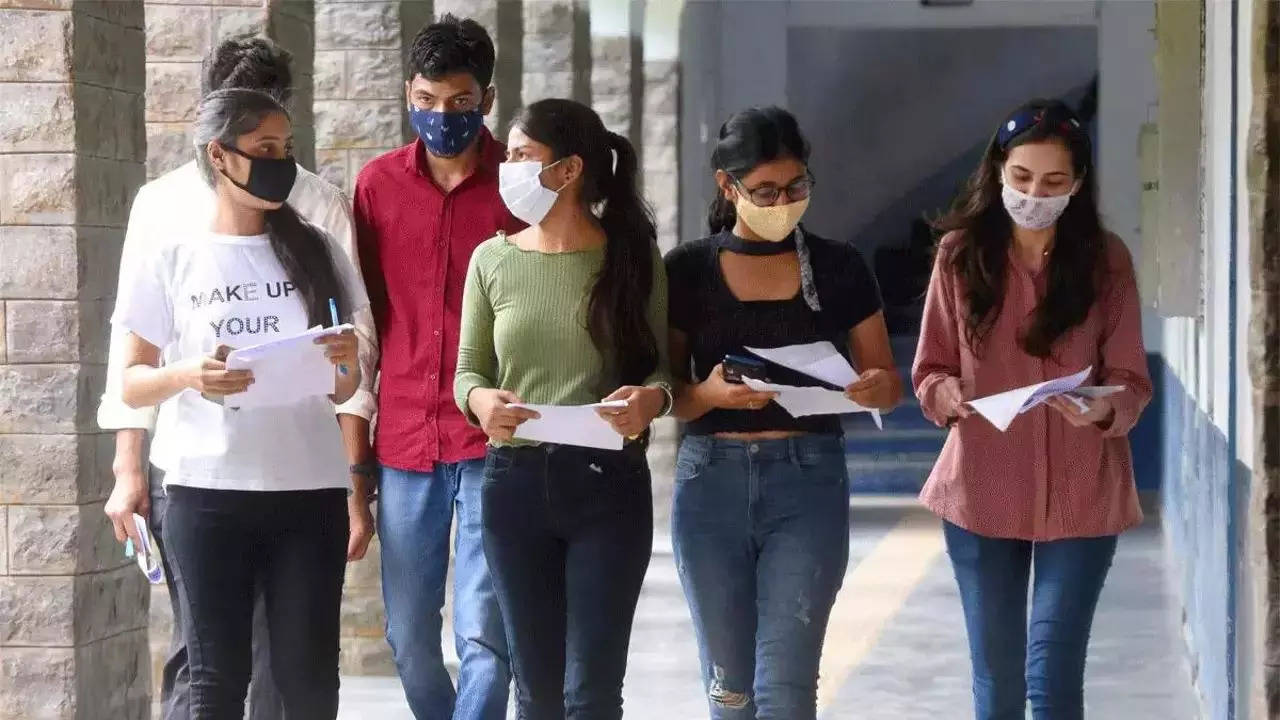Speaking to
Education Times
, Aujender Singh, deputy secretary, NMC, says, “The recent norms have been introduced to improve quality of medical education. It has come to NMC’s notice that several colleges lack infrastructure and logistics required for post graduate medical education. NMC will take action against those medical colleges found not fulfilling the necessary criteria. The PGMEB will assess the medical colleges at regular intervals. The NMC has introduced a monetary penalty of Rs 1 crore, for medical colleges that fail to adhere to norms and standards set by the Commission.”
NMC has decided to bar the medical faculties to practise privately to make them focus on hospital operations and reduce the burden on the PG students. “It has come to our notice that several medical college hospitals are being run by PG students as the senior doctors appointed as the faculty are largely absent from work as they practise privately.”
A senior health ministry official says the new rules will strengthen the quality of medical education in private colleges where ghost faculty are ruling the roost. “NMC guidelines mandates full-time faculty who can’t engage in private practice during college hours. It is mandatory to have at least 75% attendance for the senior faculty. In private medicate colleges the doctors are found absent from classrooms as many of them visit hospitals, sign the attendance register and leave to attend their private clinics,” he says.
“NMC has also made it compulsory for medical colleges to have 80% beds occupied throughout the year. Some of the private medical colleges with high fees were found with less occupied beds,” the senior official adds. Occupancy of beds in hospitals and inflow of patients are important for medical students. “This gives hands-on learning experience. This is particularly important for students in private colleges where patients are less due to high cost,” he adds.
According to NMC, minimum 15% of the total beds should be ICU/HDU (High Dependency Unit). Average daily out patient department (OPD) attendance should also not be less than 60 in general medicine.
The colleges offering programmes in PG medicine must have five departments including biochemistry, pathology, microbiology, radio-diagnosis, and anaesthesiology. “The biochemistry, pathology, microbiology labs are necessary for undergraduate students of second and third year. Some colleges were founded lacking in the necessary laboratory infrastructure and departments without which medical education remains incomplete. Following which the new norms were established,” he added.
I
nfrastructure and faculty
According to NMC’s ‘minimum standard of requirements’, the hospital building shall follow the existing national building norms and various local statutory regulations for hospitals including administration, registration, records storage, out-patient and inpatient areas, operating theatres, Central Sterile Services Department (CSSD), Intensive Care Unit (ICU), Radiology and laboratory services, emergency areas, etc.
The institutes must get mandatory regulatory/licensing approvals and all statutory requirement/clearances obtained from the appropriate administrative authorities/State Government/Central Government/Pollution Control Board/Municipal Corporations/ Councils etc. The colleges shall have one teaching room for each department with a capacity to accommodate an adequate number of students for clinical case discussions/demonstrations. Each such room shall have audio-visual facilities. The institution shall have adequate in-house laboratory and imaging facilities for the training of post-graduate students.
The colleges must increase the faculty, infrastructure and other staff in the subject of Radio-diagnosis, Anaesthesia, Pathology, Microbiology, and Biochemistry with the increase in the number of beds in the hospital. The Commission has also asked the institutions to increase faculty and infrastructure if the workload of any department is more. The departments should have adequate latest in-house equipment and training facilities as per curriculum requirements for the training of postgraduate students.
Along with that, a digital library and seminar hall with well-equipped high-speed internet, Wi-Fi connected media room is must for each departments for a direct relay from in-house operation theatres.
By Shuddhanta Patra


